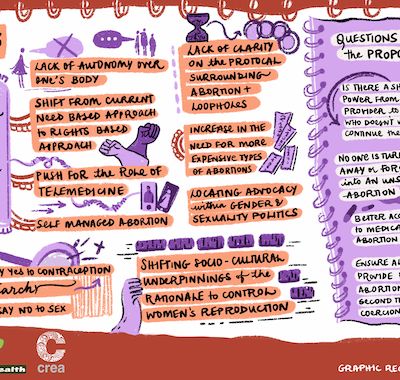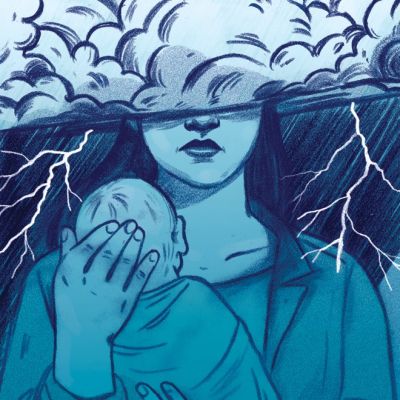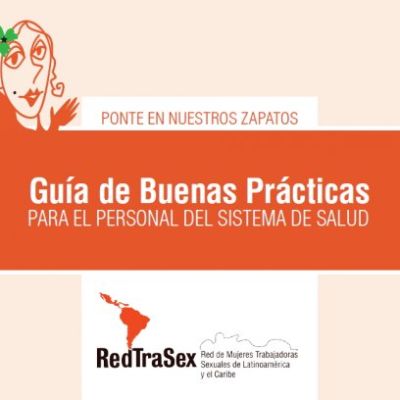pregnancy
For me, pregnancy was a strange state of being so present and so aware of my body, while at the same time being separate from it. This experience really did a number on me during those nine months and during the postpartum period.
Period tracking applications can also inform you about your general reproductive health and also caution you in case of an anomaly with respect to it. As menstruators in our undergraduate years, the primary reason I saw my friends using period trackers were to keep a track of when to carry menstrual products to college or avoid the risks of pregnancy.
None of these characters is perfect but in their imperfections we can learn more about body positivity, gender sensitivity, privilege, consent, unconscious and implicit bias, sexuality, masculinity, their intersections with class, religion, race, age, and more.
The graphic representations of a three-part webinar series organised by Common Health and CREA address these questions and attempt to build an understanding of the decriminalisation of abortion and how it could ensure access to safe, affordable, timely and rights-based services.
What makes a family? In the month of May, we celebrated Mother’s Day on the 10th and the International Day…
As depicted in various forms of media, society has unrealistic expectations of how mothers and motherhood should be – enamoured by their babies, to feel only happiness at being a mother, being completely focused on their babies, living in the ‘glow of motherhood’. Being depressed is simply not seen as an acceptable response.
Framed as fun conversations between friends, a series of comic strips on different birth control methods –implants, intrauterine devices, injectable, and pill,…
A few days ago, we were doing a self-reflective exercise at work on what gives us power, how we demonstrate power, and what (or who) has power over us. Surprisingly, but not much, I found money featuring across the board for me: be it through financial independence or financial constraints. Power, as exercised by me or as exercised over me, has been intricately tied with my sexuality – ranging from job options to travel decisions to reproductive choices – and money seemed to lord over it all. It wasn’t the only lord, but it was quite a powerful lord.
“How different it would be if for a moment health care providers could feel what we feel when we go to a hospital and are challenged…”
And so, the women sex workers of RedTraSex (Network of Women Sex Workers from Latin America and the Caribbean) developed Ponte en Nuestros Zapatos (re-edited 2015). Now, reaching out to a wider community, is the brand new English version Walk in our Shoes: Good Practices Guide for Health Care Staff (2016, translated by Alejandra Sardá-Chandiramani). Yes, it is so brand new that it is not up on their website as yet, though we have permission to use it here.
Abortion and sex work share the distinction of being topics on which even feminist activists sometimes find it difficult to remain non-judgmental, confronting feminists with the question: to what lengths are we really willing to go to respect and enable women’s choices and bodily autonomy?
This post is part of TARSHI’s #TalkSexuality campaign on Comprehensive Sexuality Education in collaboration with Youth Ki Awaaz. The author chose to remain anonymous. College is…
What does Tanu Weds Manu Returns (2015) have in common with Perumal Murugan’s controversial book, One Part Woman (2013)? Stories on emasculation…












